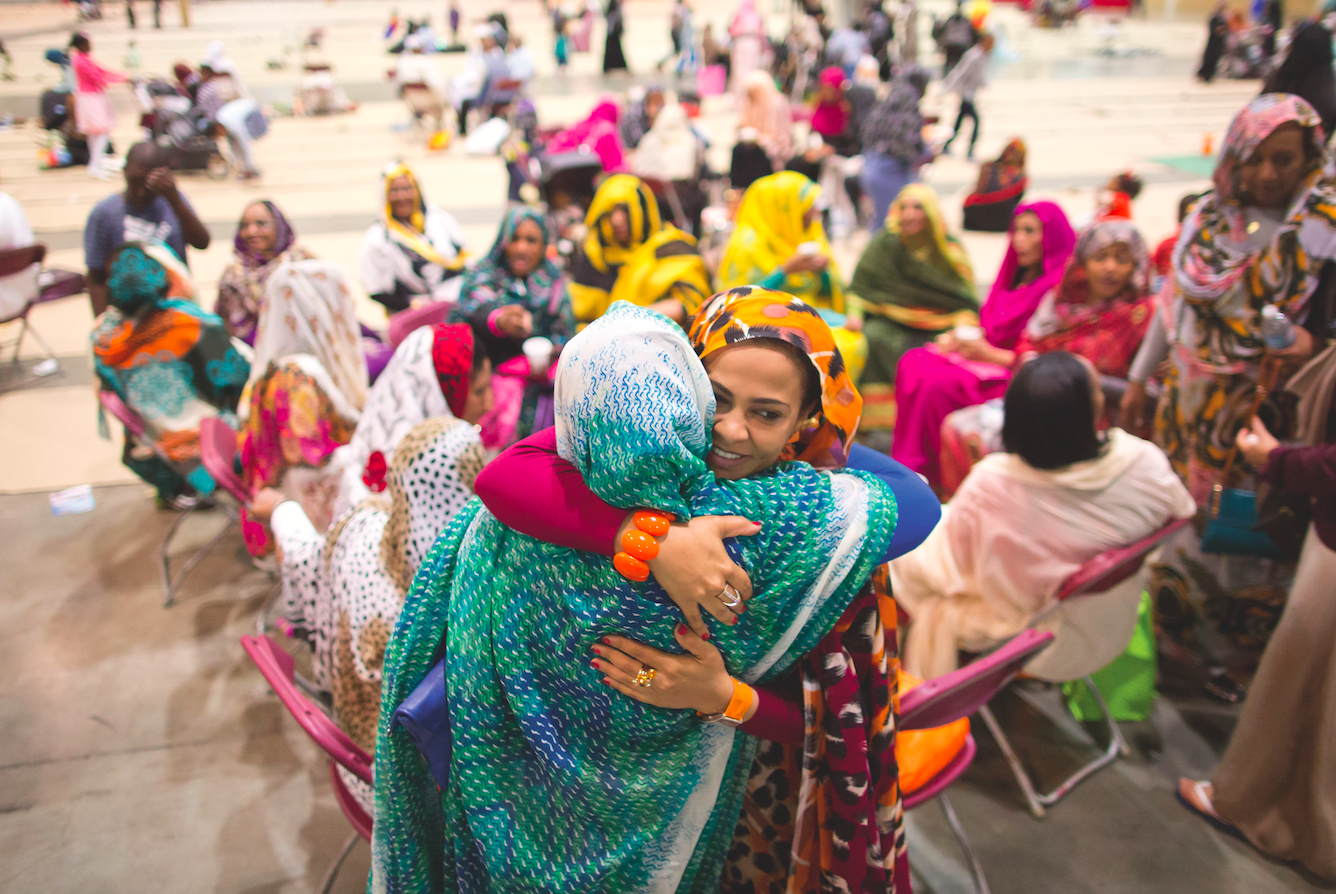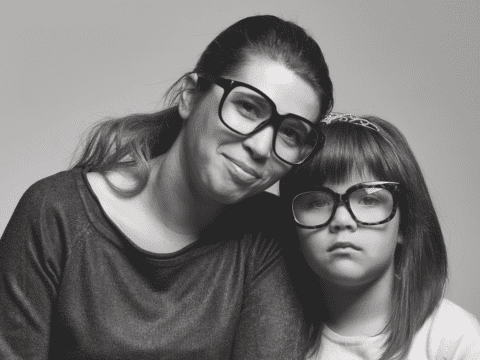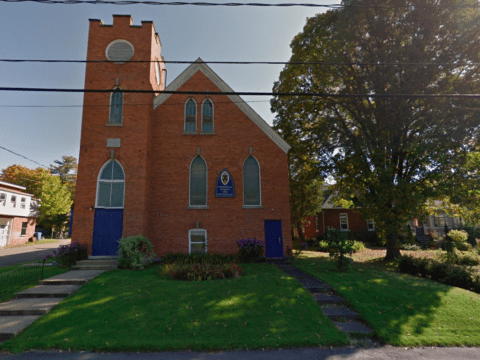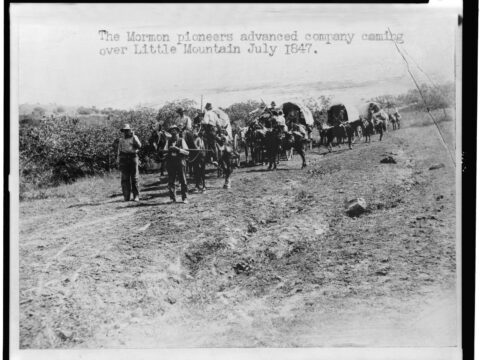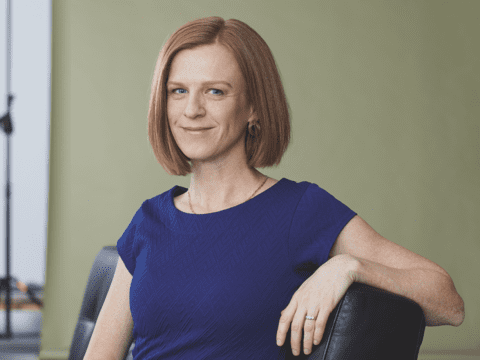Last fall, a new mosque opened about a 10-minute drive from my house. Its white minaret lights up the Brampton, Ont., sky from kilometres away. Inside, the four levels include a gym and office spaces. But the most important feature is the 800-person hall where Muslims gather five times a day for their prayers.
Two doors lead into the space, divided by a partition that stands on the carpet of alternating grey and moss-green stripes. Men gather on one side and women on the other.
You may unsubscribe from any of our newsletters at any time.
I grew up attending mosque; separate spaces for men and women are nothing new to me. While not every mosque even has areas for women, let alone one equivalent to the men’s, I can say that I’ve always felt welcome at the mosques I’ve attended. I’ve also learned valuable life lessons.
Islam teaches us that men and women complement each other. We respect each other’s similarities and differences while we both strive for the shared goal of becoming closer to God. It’s not that we never work together, but when we do, we always keep a respectful distance, both physically and in how we interact.
The separation in the mosque is a tangible example of men and women respecting each other’s space. Women can independently gather, speak and hold events, and men can do the same. In March, for example, the women’s wing of my mosque organized an interfaith peace conference for International Women’s Day. The mosque was open to women of all faiths, and they filled not only the entire prayer hall, but the gym, too. (That day, men were asked to pray outside.)
More on Broadview: Toronto church hosts Canada’s first women’s-only mosque
These experiences have helped me grow into who I am. Over the years, I have developed confidence in public speaking by participating in speech competitions. I’ve also been part of organizing everything from Eid parties to blood donor clinics. On different occasions, I’ve served as a teacher, badminton player (if we use the term loosely) and security volunteer (true story, despite my barely five-foot frame).
As in other faiths, the separation is meant to promote chastity for both men and women, but there are some hidden perks. In the case of my mosque, it encourages women to become leaders, since they are operating their own organization within the community. We have female presidents, treasurers, coaches and editors. Even when we have joint events with men, the women’s hall has its own set of volunteers helping with registration, managing audiovisual equipment and serving refreshments.
Most importantly, separate spaces mean that from a young age, girls have a strong set of role models — educated women who often have families and jobs as well as positions of authority in the community. My mother, who used to lead the national women’s wing of my mosque, laid down a foundation stone for a mosque in Vaughan, Ont., that serves as our main headquarters in Canada. This gesture symbolized the important contribution and leadership of women.
The day after the attacks on two New Zealand mosques in March, I came to the Brampton mosque with my family for Jumu’ah (Friday prayers). Security cruisers dotted the crammed parking lot. Some congregants stood on guard at the windows. I took up a post at the women’s entrance, greeting worshippers while monitoring the scene. The mosque is where we celebrate and mourn together, even in our separate spaces. And God willing, our doors will always be open to all.
This column first appeared in the July/August 2019 issue of Broadview with the title “Open Doors.” For more of Broadview’s award-winning content, subscribe to the magazine today.

